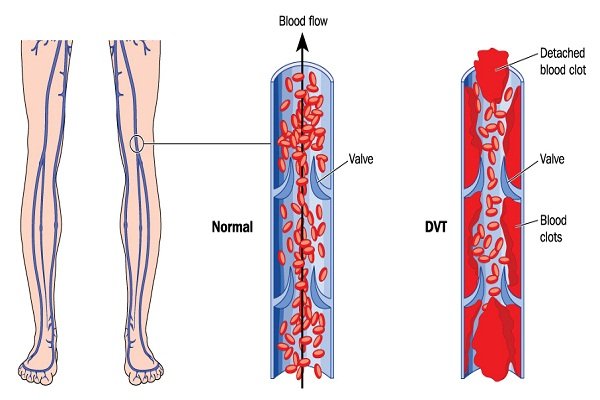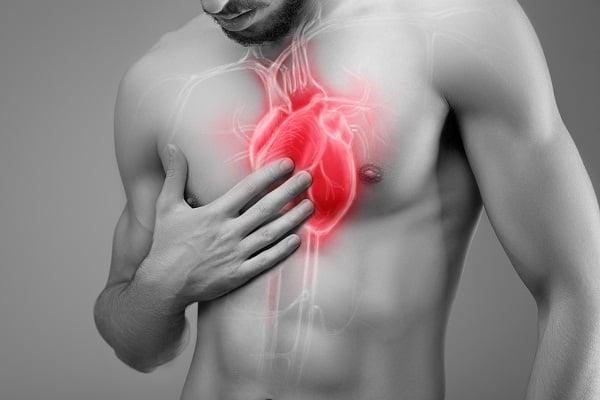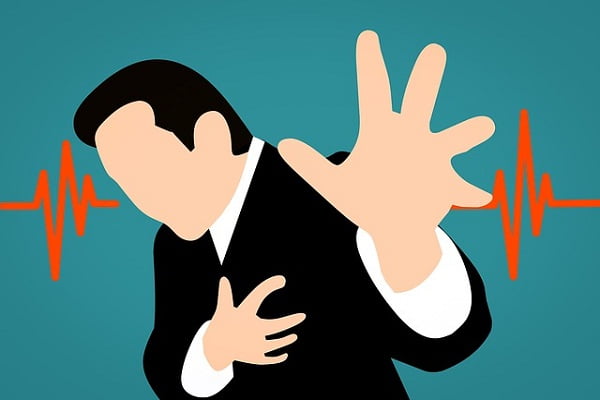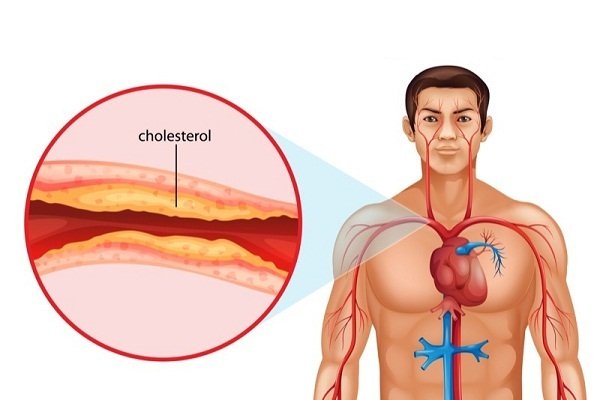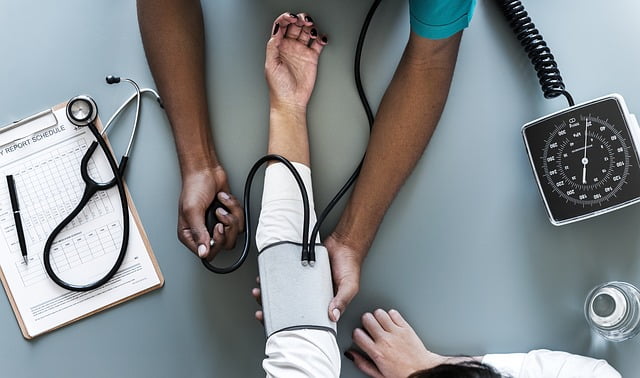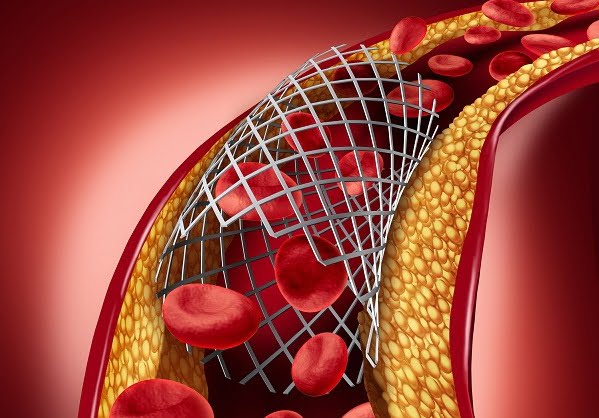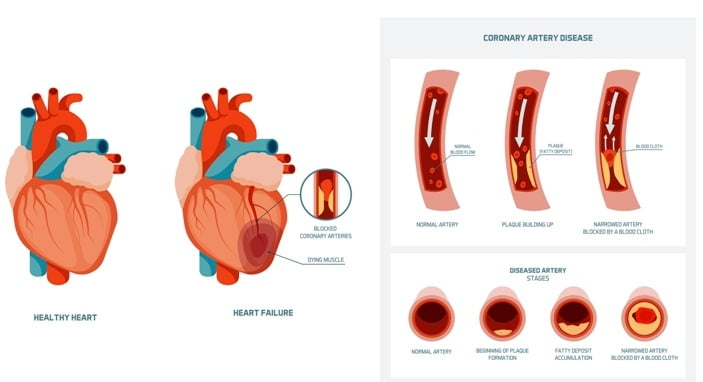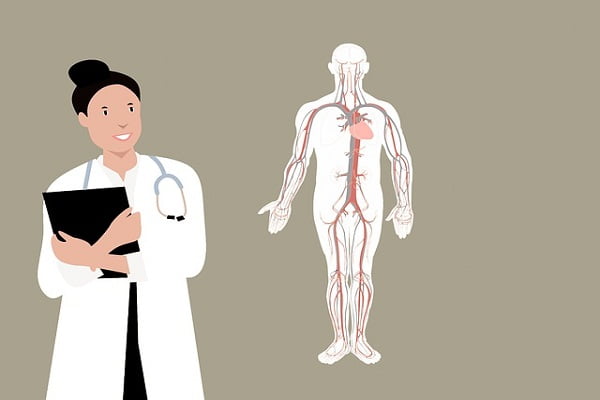Browsing: Heart

The page provides quick access to a list of common heart diseases, syndromes, health conditions, and other topics of health importance about your heart. The list is organized alphabetically. Links are provided to respective diseases sections that serve as a comprehensive and ultimate guide about the disease or health condition.
Our heart is the most sophisticated working muscle in the body. A heart beats about 100,000 times in a day. It continuously supplies oxygen and nutrients throughout the body. The heart also pumps blood to expel waste products such as carbon dioxide to the lungs, which has to be eliminated from our body.
Proper heart function is highly essential to support life. There are many types of heart diseases that can occur if the heart does not function properly or if any other organ, influencing the heart, does not function efficiently. Most heart diseases are lifelong conditions, and if experienced once, they can create problems throughout your life and sometimes can be a cause of death.
The Centers for Disease Control (CDC) states that heart disease is one of the leading causes of death in the United Kingdom, United States, Canada, and Australia. In the US, one in every four deaths occurs due to a heart disease.
Some of the common heart diseases and heart conditions are coronary heart disease, enlarged heart, heart attack, irregular heart rhythm, tachycardia, atrial fibrillation, congenital heart diseases, heart attack and hypertension. In the United States, the most common type of heart disease is coronary artery disease (CAD).
DVT is a condition in which blood clot forms in one of the major deep veins such as in regions of the legs, thighs, pelvis, or arm. Leg pain is a common symptom of DVT due to clot formation. The blockage can cause acute pain, swelling, or warmth in the leg that is affected by DVT.
Sharp Pain in Chest: What It Means and When Should You See a Doctor?
Sharp pain in chest can be caused by anything from usual muscle pain to a severe heart disease. Enlarged or dilated heart can develop as a result of many heart diseases. Some of them can show signs such as pain in chest and breathlessness.
An arrhythmia can be silent and cause no symptoms. Your doctor can however detect it during a routine exam by reading your pulse or through an electrocardiogram (ECG). When symptoms of an arrhythmia occur, these may include palpitations, dizziness, fainting, shortness of breath, and chest pain.
Angina is a common symptom of coronary heart disease (CHD). A person may experience pressure in chest as if someone is pressing hard. Another common symptom of coronary heart disease is shortness of breath. Some people may not experience any signs
Many factors can lead to, or cause, an arrhythmia (irregular heart rhythms), including smoking, alcohol abuse, stress, certain medications such as beta blockers, sleep apnea, diabetes, high blood pressure (hypertension), blocked arteries, underactive thyroid gland, overactive thyroid gland, etc. Sometimes, the cause of arrhythmia is not clear and remains unknown.
Coronary artery disease, also called as coronary heart disease, is a chronic condition that affects millions of Americans. It is caused as a result of plaque buildup over a period of time. The arteries, which are initially smooth and elastic, get plaque deposited on their inner walls. This makes them rigid and narrowed.
There are many diagnostic techniques used by doctors to perform diagnosis of an enlarged heart. You can identify certain early signs that indicate that it may possibly be due to enlarged heart or related complication. Doctors use several tests to confirm the diagnosis. ECG and imaging tests (MRI) are few examples.
Treatment for coronary heart disease involves multiple things. It is usually treated through lifestyle changes, drugs, and certain medical and surgical procedures. Angioplasty is a common procedure that is used to open the clogged arteries. Stents can be placed to keep them open after the procedure. Lifestyle changes are important in managing the disease.
No single test can diagnose whether you have coronary heart disease. If the physical examination and blood tests indicate that you may have it, he will recommend one or more of several available tests. These tests include such as electrocardiogram, echocardiography, stress testing, CT coronary angiography, and cardiac catheterization.
How Is Angina Treated?
There are many options for the treatment of angina, including changes in lifestyle, drugs, medical procedures, and surgery. The goal of these treatments is to reduce the frequency and severity of your symptoms and to lower the risk of heart attack, stroke and death. You may be given a combination therapy.




